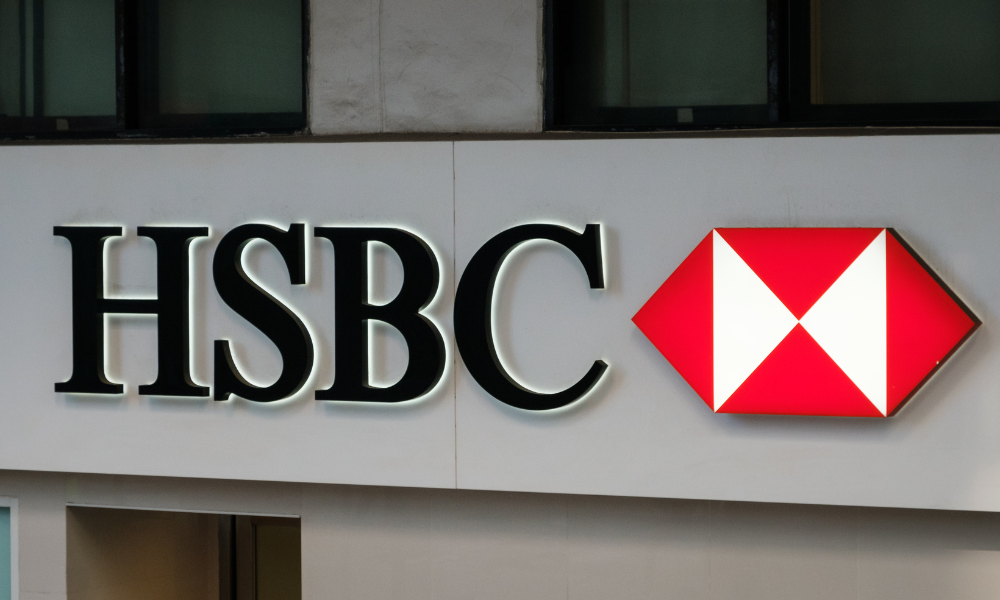Elhedery's reform agenda at a crossroads as uncertainty remains over boss's successor

Sir Mark Tucker will step down as chairman of HSBC on 30 September to take on the chairmanship of AIA Group, the pan-Asian insurer he once led, bringing to an end nearly eight years at the top of the UK-headquartered bank during a period of intense transformation.
AIA confirmed today that Tucker will succeed Edmund Tse as chairman on 1 October. Tucker previously served as the insurer’s chief executive from 2010 to 2017, playing a pivotal role in its post-AIG independence and rapid regional expansion.
Brendan Nelson, currently chair of HSBC’s audit committee and a seasoned figure on UK corporate boards, will take over as interim chair while a formal search for Tucker’s permanent successor is conducted. The process, led by senior independent director Ann Godbehere, is expected to focus on candidates who can navigate HSBC’s uniquely global—yet Asia-centric—footprint. Among the names under consideration is Jamie Forese, former Citigroup president.
Tucker’s exit, just ahead of the UK’s nine-year corporate governance limit for board chairs, comes at a decisive moment for HSBC. The bank has undergone a sweeping strategic pivot under Tucker’s leadership, retreating from a number of Western markets—including Canada, France and the U.S.—while reinforcing its commitment to Asia, particularly Hong Kong and mainland China.
A New Phase for Elhedery’s Reforms
Tucker’s departure places a spotlight on HSBC CEO Georges Elhedery, whose reform agenda has already begun to reshape the bank’s operating model. Since taking the top job last year, Elhedery has embarked on a reorganisation aimed at reducing management layers, merging overlapping divisions, and sharpening HSBC’s focus on its four core pillars: the UK, Hong Kong, corporate and institutional banking, and global wealth.
Supported closely by Tucker, Elhedery has also pushed forward with the consolidation of HSBC’s capital markets operations and private credit offerings into a single advisory business, and has signalled further streamlining to come.
Tucker’s role as a strategic adviser during the transition is expected to offer short-term stability. However, the long-term viability of Elhedery’s programme may depend on the vision and backing of the next permanent chair. Analysts note that Tucker’s successor will need to balance the demands of shareholders—particularly in Asia—with the complex geopolitics HSBC must navigate as a bridge between East and West. “The new chair will inherit a delicate balancing act,” said one London-based bank analyst. “Elhedery has laid out a bold restructuring plan, but its success hinges on unified leadership at the top.”
A Return to Familiar Territory
For Tucker, the move to AIA represents a return to familiar territory. His prior tenure at the insurer saw it grow into a regional powerhouse, listed on the Hong Kong Stock Exchange and focused on life and health insurance across Asia-Pacific. His appointment as chairman comes amid a wave of succession planning in Asia’s insurance sector, and is seen as a vote of confidence in AIA’s long-term regional ambitions.
Tucker, 67, brings to AIA deep experience in managing complex financial institutions during times of global uncertainty. At HSBC, he weathered geopolitical strains, including a bruising confrontation with major shareholder Ping An, which called for a breakup of the bank’s Asian operations. Tucker was also a key player in HSBC’s response to U.S.-China tensions and the fallout from the COVID-19 pandemic.
His tenure, though at times controversial, is widely regarded as one of the most consequential in the bank’s modern history. A former professional footballer and longstanding executive in the insurance sector, Tucker was HSBC’s first externally appointed chair in modern times, and brought a more interventionist style to the role.
Looking Ahead
As HSBC prepares for life after Tucker, attention will now shift to whether the bank can maintain momentum in its Asia-first strategy and whether Elhedery’s consolidation efforts will bear fruit under a new chair. With AIA, Tucker will once again be embedded in the region that has shaped much of his career. For HSBC, his exit is both an end and a test: of whether the reforms he championed can be sustained without him, and whether the bank can continue to serve as a global conduit at a time when globalism itself is under strain.



